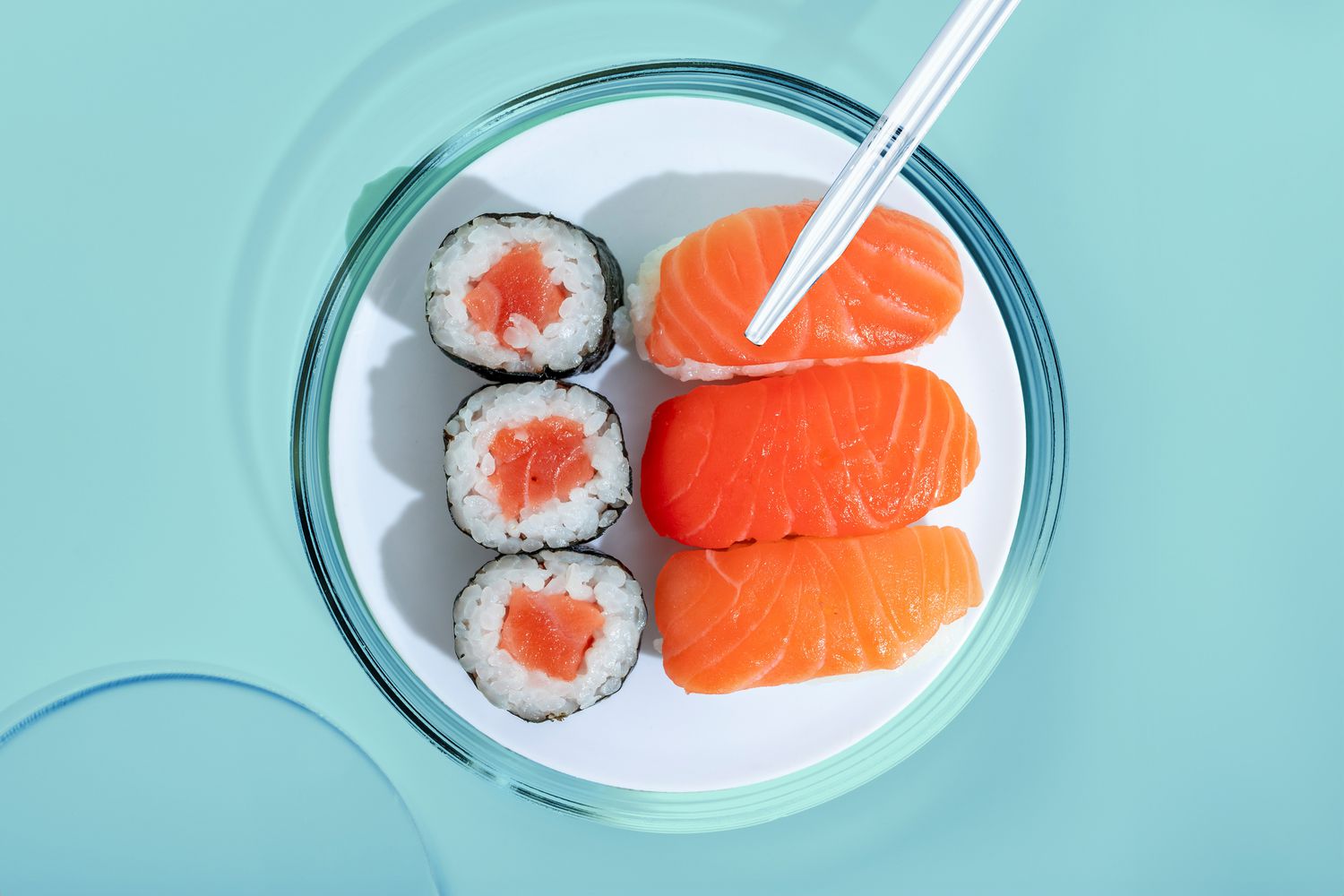The U.S. Food and Drug Administration has approved lab-grown salmon for human consumption, marking a turning point in the alternative seafood industry. Wildtype, a company based in San Francisco, is now the first in the United States to receive FDA clearance to sell cell-based fish to the public. This milestone puts lab-grown seafood on American restaurant menus for the first time and could shift how people think about eating fish.
Lab-Grown Fish Gets the Green Light from the FDA
On May 28, the FDA issued a letter to Wildtype stating it had “no questions” about the safety of the company’s lab-grown salmon. This means the agency accepts that the company’s fish product is safe to eat and meets the same standards as other seafood. Unlike lab-grown meat, which requires approval from both the FDA and the Department of Agriculture, lab-grown seafood is under FDA control alone. This allows for a shorter approval process and less regulatory confusion.
Wildtype grows its salmon from real fish cells taken from coho salmon, a species native to the Pacific Northwest. The cells are collected from a hatchery in Washington state. Then, inside stainless steel containers called bioreactors, the cells are fed nutrients and allowed to grow into real fish tissue. The process takes four to six weeks. Once ready, the fish tissue is combined with plant-based materials to give it the texture and feel of traditional raw salmon used in sushi.
The final product is sushi-grade and already being served at Kann, a well-known restaurant in Portland, Oregon. Wildtype plans to add its salmon to the menus of four more restaurants within the next few months. While limited for now, this slow rollout allows the company to collect feedback and make improvements before selling the product more widely.
What This Means for the Industry
Wildtype is the third company to receive U.S. approval to sell lab-grown animal products. In 2023, UPSIDE Foods and GOOD Meat got approval for their lab-grown chicken. However, selling lab-grown food still faces many roadblocks. For example, Florida banned the sale of lab-grown meat in 2024. Governor Ron DeSantis called it part of a global agenda, and people who sell it in the state can face fines or jail time.
In addition to legal issues, many large grocery stores remain cautious. Chains like Costco, Safeway, and Kroger have said they will not sell genetically engineered seafood. This has made it hard for lab-grown fish to enter the retail market. Another challenge is how people feel about the idea. Older polls show that most Americans did not want the FDA to allow this kind of food. That said, views might change now that the product is real and available.
Wildtype was founded in 2016 and has received more than $120 million in funding. Its investors include major names like Leonardo DiCaprio and food giant Cargill. The company first sent its food safety report to the FDA in June 2022. Over the next two years, it updated its documents eight times before finally receiving approval.
What’s Next for Cultivated Seafood
The Association for Meat, Poultry, and Seafood Innovation praised the FDA’s decision. In a statement, they said the product offers “100% American-made, healthy, fresh, sushi-grade seafood grown directly from fish cells.” Supporters say lab-grown seafood can help reduce overfishing and protect marine life by offering a cleaner and more controlled way to produce fish. Others believe it could help with food security by offering fresh protein without depending on wild catch or fish farms.
Still, success will depend on price, taste, and how willing people are to try this new kind of fish. While the product is currently limited to select restaurants, companies like Wildtype hope that more people will accept lab-grown fish as a safe, healthy, and eco-friendly option in the years to come.
As lab-grown seafood slowly enters the market, the next steps will involve building public trust and showing that this new method of producing fish can match the quality and experience of traditional seafood—without harming the oceans.

